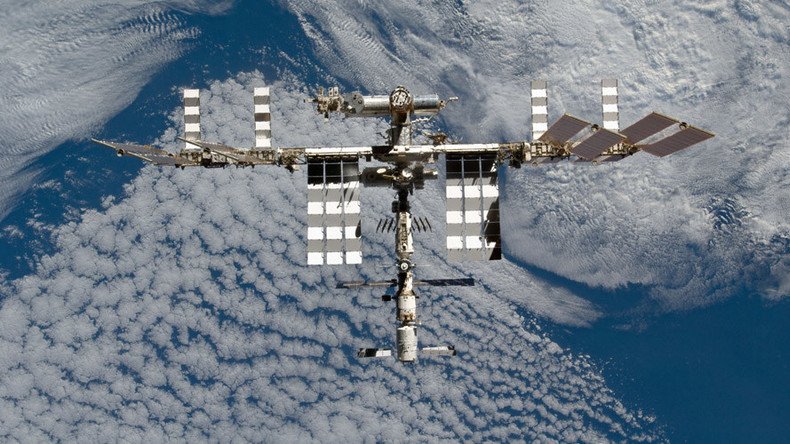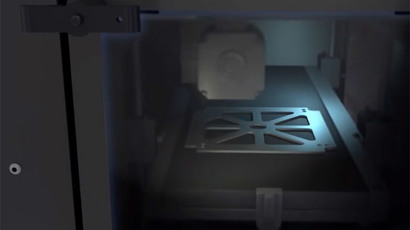Russian cosmonauts to 3D-print tissue on ISS

An experiment to 3D-print living tissue on board the International Space Station is in the early phases of development at the Russian space agency, an official with insider knowledge of the project said in an interview.
Using 3D-printing techniques to produce living tissue is a cutting-edge area in advanced bio-technologies. One of the obstacles is that scientists need to create special scaffolding to support the work-in-progress.
Engineers at the Rocket and Space Corporation Energia, the leading Russian space manufacturer, believe that significant progress in the area can be achieved by placing the printing equipment in microgravity conditions.
An experiment that would use magnetic field manipulation to 3D-print tissue on board the ISS is currently in the early phases of development, Valentin Uvarov, department head for commercial projects of manned space exploration at Energia, told Izvestia newspaper. It has passed an internal review, which concluded that the technology is feasible.
“Our next stage is to develop and approve technical specification and design documents for scientific equipment, which would be used for the experiment,” he said in an interview.
“Before this equipment gets on board the ISS, we have a long and difficult process to complete to create and test it on the ground, develop experiment procedures and teach the crew,” Uskov added.
The official did not provide any specific timetable for the experiment, saying that “the decision to conduct this experiment goes to [Russian space agency] Roscosmos.”
There is a 3D-printer on board the ISS now, but it is meant for fabricating tools and details as required by the crew, not to make living tissue.













